


Purposeful Podcasting with Serendipitous Rebel
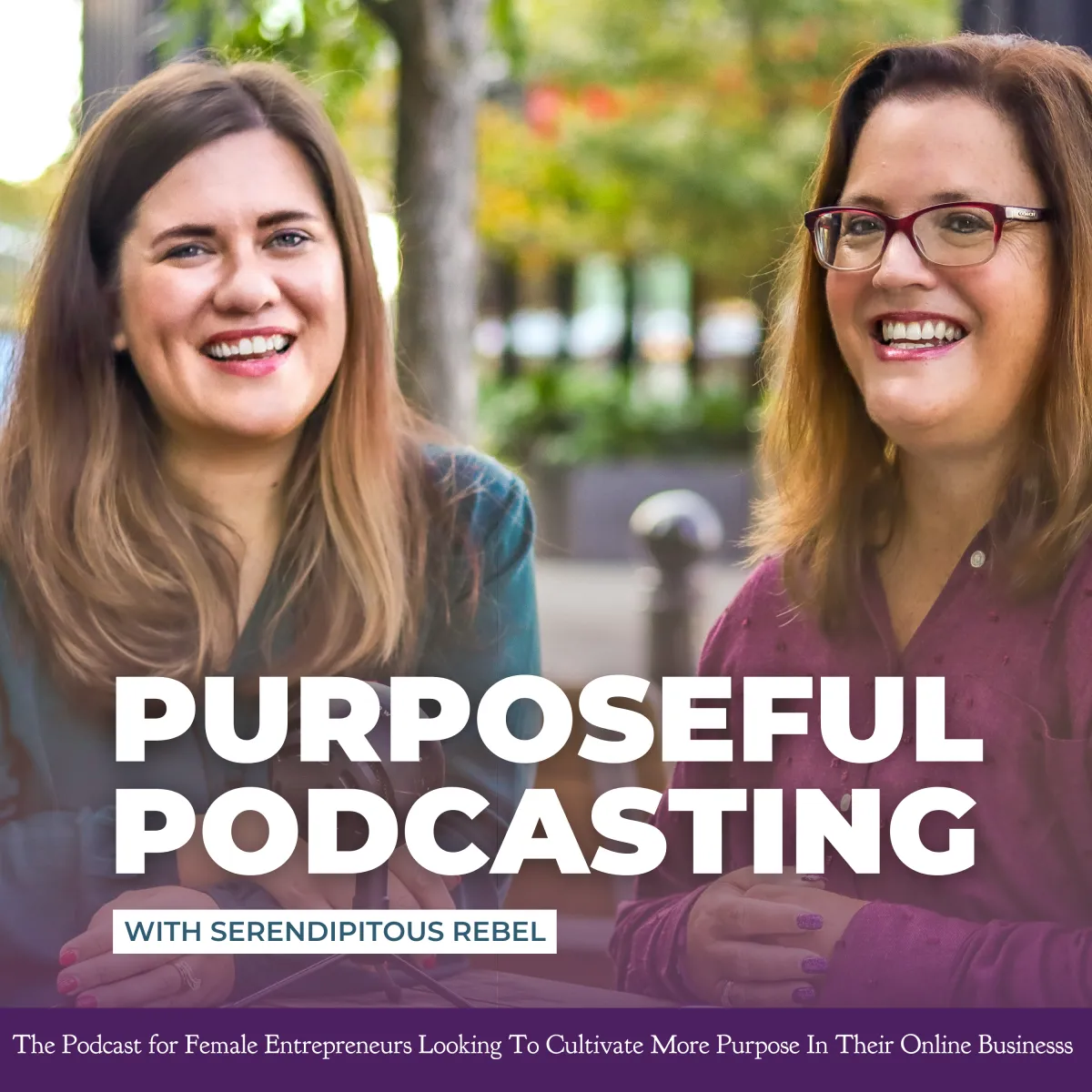
The Podcast For Entrepreneurs looking to SAVOUR™ their life
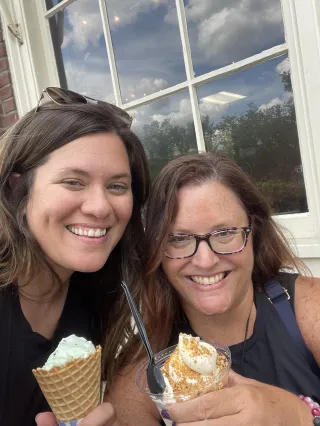
The Shitty First Draft: A Communication Tool for Fostering Curiosity Over Judgement
The Shitty First Draft: A Communication Tool for Fostering Curiosity Over Judgement ...more
Podcast
April 09, 2024•0 min read

The Self-Care Secrets Successful Entrepreneurs Use to Avoid Burnout
The Self-Care Secrets Successful Entrepreneurs Use to Avoid Burnout ...more
Podcast
March 25, 2024•2 min read

5 Smarter Places to Invest Your Startup Funds (Instead of That Logo!)
5 Smarter Places to Invest Your Startup Funds (Instead of That Logo!) ...more
Podcast
March 18, 2024•2 min read

Build Expertise and Confidence: The Case for Niching Down in Coaching
Build Expertise and Confidence: The Case for Niching Down in Coaching ...more
Podcast
March 05, 2024•5 min read
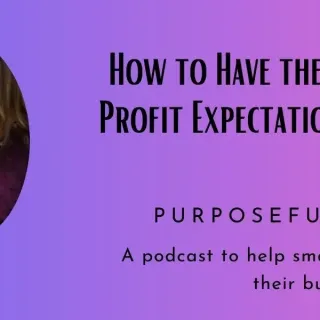
How to Have the Tough Talk: Setting Profit Expectations with Your Spouse
How to Have the Tough Talk: Setting Profit Expectations with Your Spouse ...more
Podcast
February 26, 2024•1 min read
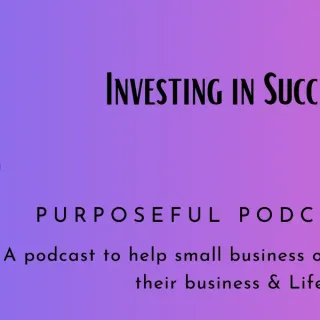
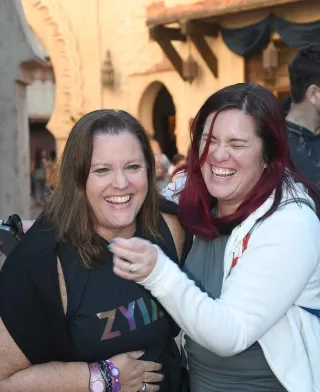
Applying the Disney Magic to Your Business for Success
Applying the Disney Magic to Your Business for Success ...more
Podcast
January 22, 2024•2 min read

Why We Ditched Courses And Embraced Coaching To Grow Our Online Business
Why We Ditched Courses And Embraced Coaching To Grow Our Online Business ...more
Podcast
January 15, 2024•6 min read

Goal Setting for 2024: How to Create Forward Momentum and Savour Your Life
Join us as we dive into the world of intentional living and purposeful goal setting for 2024. Discover the key to stepping out of your comfort zone, finding joy in your work, and prioritizing self-car... ...more
Podcast
January 08, 2024•3 min read

The Power of Perspective: Navigating Business Challenges with Clarity
Cultivating perspective in order to nagigate business challenges can be the most important thing you can do as an entrepreneur. Determined to shatter the confines of limited thinking, we at Serendipit... ...more
Podcast
January 02, 2024•7 min read

Strategies for Effective Coaching For Online Business Owners: Embracing Empathy and Inclusivity
In the world of coaching for online business owners, there's a handful of things that can shatter the foundation of a relationship. Wendy's journey through a trusted coaching relationship takes an une... ...more
Podcast
December 26, 2023•8 min read
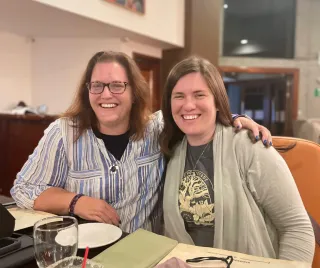
Savour Your Journey: Elevate Your Entrepreneurial Success with Savour Framework
What if there was a way to build a thriving business while enjoying satisfaction in the present moment? A method that helped you show up as your best self for your family, community, and clients alike... ...more
Podcast
December 18, 2023•8 min read
Put A Testimonial That Highlights Your Product's Benefits.
Mauris ac vestibulum nibh, quis euismod velit. Mauris sodales tincidunt ex vitae viverra. Nunc neque eros, convallis vel eros id, molestie bibendum neque. In hac habitasse platea dictumst. Integer quis hendrerit eros auris ac vestibulum nibh, quis euismod velit. Mauris sodales tincidunt ex vitae viverra. Nunc neque eros, convallis vel eros id, molestie bibendum neque. In hac habitasse platea dictumst. Integer quis hendrerit eros
- Jane Awesome, Acme Co.

